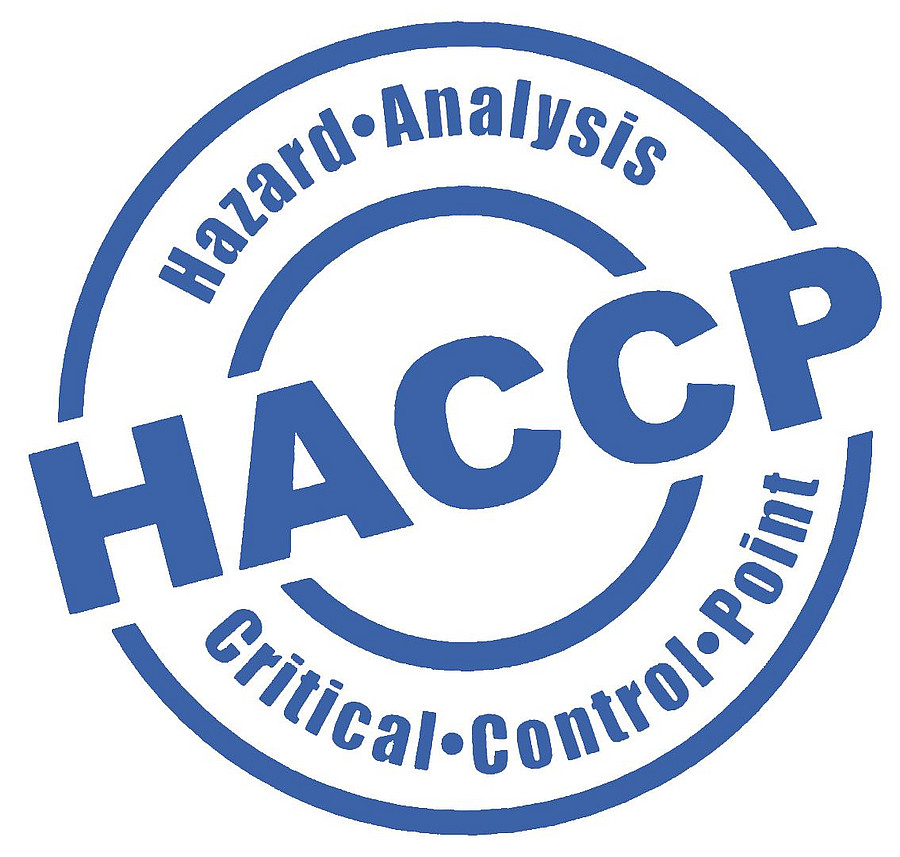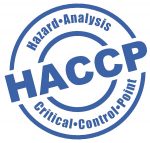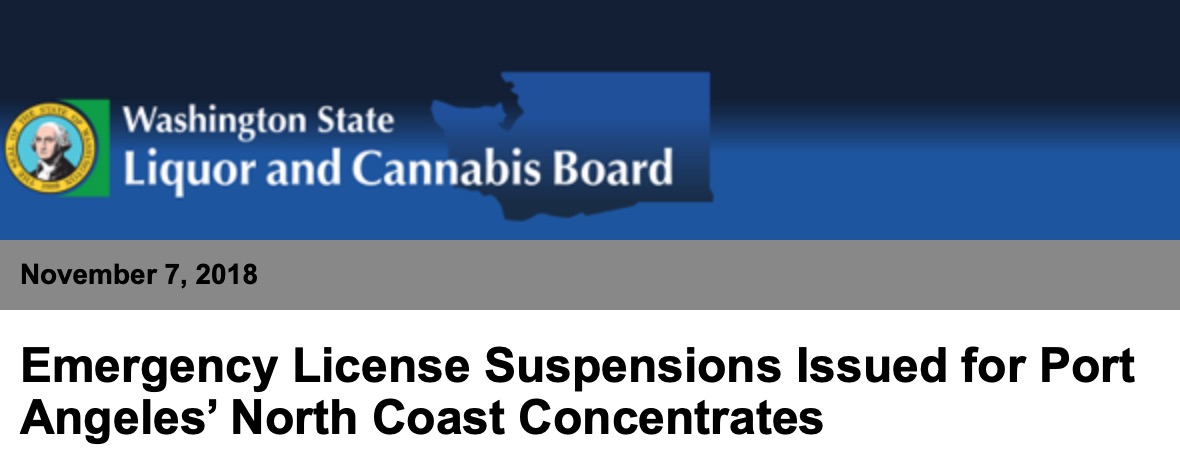Success in the cannabis industry is driven by a company’s ability to adapt to an ever-changing market and meet the demands of the evolving consumer. Selecting the right business management solution to handle the complexities of the growing cycle as well as daily operations and compliance requirements necessitates diligent research. Ensuring that the selected technology solution has a centralized database in a secure platform designed to reinforce quality throughout company operations is essential in today’s competitive industry. An ERP solution with integrated CMS capabilities helps businesses strengthen supply chain management by seamlessly incorporating cannabis cultivation with day-to-day company operations to efficiently deliver seed to sale capabilities and meet marketplace demands.
What are ERP & CMS?
Enterprise resource planning (ERP) is a business system in which all data is centralized – including finances, human resources, quality, manufacturing, inventory, sales and reporting. A cultivation management system (CMS) is an extension of an ERP solution to manage cannabis greenhouse operations, including growing, inventory and labor needs. A CMS maintains a detailed level of tracking to account for continuous cannabis growth periods that require extensive monitoring and incur a multitude of expenses. In an integrated solution, both the ERP and CMS data are managed under the same secure database to provide a forward and backward audit trail of all business processes. This visibility encompasses the entire supply chain from the management of supplier relationships to distribution – including growing, cultivating, extracting, manufacturing and shipping.
How do ERP & CMS strengthen supply chain processes?
Tracks individual plants and growth stages – By tracking plant inventories at the individual plant level in real-time with a unique plant identifier, greenhouse operations are optimized – monitoring the entire lifecycle of the plant throughout the germination, seedling, vegetative and flowering stages. Audit trails maintain regulatory compliance, including information such as terpene profiles and THC and CBD potency. Monitoring genealogy, mother and cloning, crossbreeding, plant genetics and clone propagation are key to success in this industry. Strain tracking is equally important, including identifying which strains are performing best, producing the most yield and how they are received by the marketplace. Tracking of the entire supply chain includes the recording of plant health, harvesting techniques, production, growth, costs, lab testing and batch yields – without any gaps in information.

Optimizes growing conditions to increase yields – By automatically documenting and analyzing data, insights into plant and greenhouse activities create streamlined processes for an optimal cannabis cultivation environment. This includes the monitoring of all growing activities such as space, climate, light cycles, moisture content, nutrient applications, fertilizer and other resources, which all have an effect on plant growth and yields. Most importantly, labor costs are monitored, as it is the highest expense incurred by growers. In an industry for which many companies have limited budgets, enabling efficient greenhouse planning, automation and workflows reduces overhead costs.
Integrates with regulatory compliance systems – Compliance is a mandatory part of the cannabis business, and many companies haven’t expended the effort to ensure their processes are meeting regulations. This has placed their licensing and business at risk. An integration that automates the transfer of required reporting information from the ERP to state government approved software such as METRC, Biotrack THC and Leaf Data Systems to ensure regulatory compliance is imperative. This streamlined process assures that reporting is accurate, timely and meets changing requirements in this complex industry.
Facilitates safety and quality control – With an ERP solution tracking all aspects of growing, manufacturing, packaging, distribution and sales, safety and quality are effectively secured throughout the supply chain. Despite the lack of federal legality and regulatory guidelines, proactive cannabis producers can utilize an ERP’s automated processes and best practices to ensure safe and consistent products. By standardizing and documenting food safety procedures, manufacturers mitigate the risk of cannabis-specific concerns (such as aflatoxins, plant pesticide residue, pest contamination and inconsistent levels of THC/CBD potency) as well as dangers common to traditional food manufacturers (such as improper employee procedures and training) for those in the edibles marketplace. Food safety initiatives and quality control measures documented within the ERP strengthen the entire supply chain.
Maintains recipes and formulations – In manufacturing, to achieve product consistency in regards to taste, texture, appearance, potency and expected results, complex recipe and formula management is a necessity – including monitoring of THC and CBD percentages. The calculation of specific nutritional values to provide accurate labeling and product packaging provides necessary information for consumers. Cannabis businesses have to evolve with the consumer buying habits and marketplace saturation by getting creative with their product offerings. With integrated R&D functionality, the expansion of new and innovative edibles, beverages and forms of delivery, as well as new extractions, tinctures, concentrates and other derivatives, helps to meet consumer demands.
Handles inventory efficiently – Established inventory control measures such as tracking stock levels, expiration dates and product loss are effectively managed in an ERP solution across multiple warehouses and locations. Cannabis manufacturers are able to maintain raw material and product levels, reduce waste, facilitate rotation methods and avoid overproduction to control costs. With the use of plant tag IDs and serial and lot numbers with forward and backward traceability, barcode scanning automatically links product information to batch tickets, shipping documents and labels – providing the ability to locate goods quickly in the supply chain if necessary in the event of contamination or recall. The real-time and integrated information available helps mitigate the risk of unsafe products entering the marketplace.

Utilizes user-based software permissions – Access to data and ability to execute transactions throughout the growing stages, production and distribution are restricted to designated employees with proper authorization – ensuring security and accountability throughout the inventory chain.
Manages supplier approvals – Assurance of safety is enhanced with the maintenance of detailed supplier information lists with test results to meet in-house quality and product standards. Quality control testing ensures that critical control points are monitored and only approved materials and finished products are released – keeping undeclared substances, harmful chemicals and impure ingredients from infiltrating the supply chain. When standards are not met, the system alerts stakeholders and alternate vendors can be sought.
Delivers recall preparedness – As part of an edible company’s food safety plan, recall plans that include the practice of performing mock recalls ensures that cannabis businesses are implementing food safety procedures within their facilities. With seed to sale traceability in an ERP solution, mitigating the risk of inconsistent, unsafe or contaminated products is readily maintained. Integrated data from the CMS solution provides greater insight into contamination issues in the growth stages.
An ERP solution developed for the cannabis industry with supporting CMS functionality embodies the inventory and quality-driven system that growers, processors, manufacturers and distributors seek to strengthen supply chain management. Offering a centralized, secure database, seed to sale traceability, integration to compliance systems, in-application quality and inventory control, formula and recipe management functionality and the ability to conduct mock recalls, these robust business management solutions meet the needs of a demanding industry. With a variety of additional features designed to enhance processes in all aspects of your cannabis operation the solution provides a framework to deliver truly supportive supply chain management capabilities.


















 According to a release emailed last week, the violation was uncovered during a routine traffic stop. “On September 20, 2018 an employee of North Coast Concentrates was pulled over by Lower Elwha Police, during the course of the traffic stop officers found 112 grams of traceable marijuana concentrates, three large jars and a large tote bin of untraced dried marijuana flower,” reads the release. “The products were not manifested in the state traceability system. Subsequent investigation by WSLCB officers revealed that the untraced product had been removed from the licensees grow operation and that the traced concentrates were returned from a marijuana retailer in Tacoma several weeks earlier.”
According to a release emailed last week, the violation was uncovered during a routine traffic stop. “On September 20, 2018 an employee of North Coast Concentrates was pulled over by Lower Elwha Police, during the course of the traffic stop officers found 112 grams of traceable marijuana concentrates, three large jars and a large tote bin of untraced dried marijuana flower,” reads the release. “The products were not manifested in the state traceability system. Subsequent investigation by WSLCB officers revealed that the untraced product had been removed from the licensees grow operation and that the traced concentrates were returned from a marijuana retailer in Tacoma several weeks earlier.”





